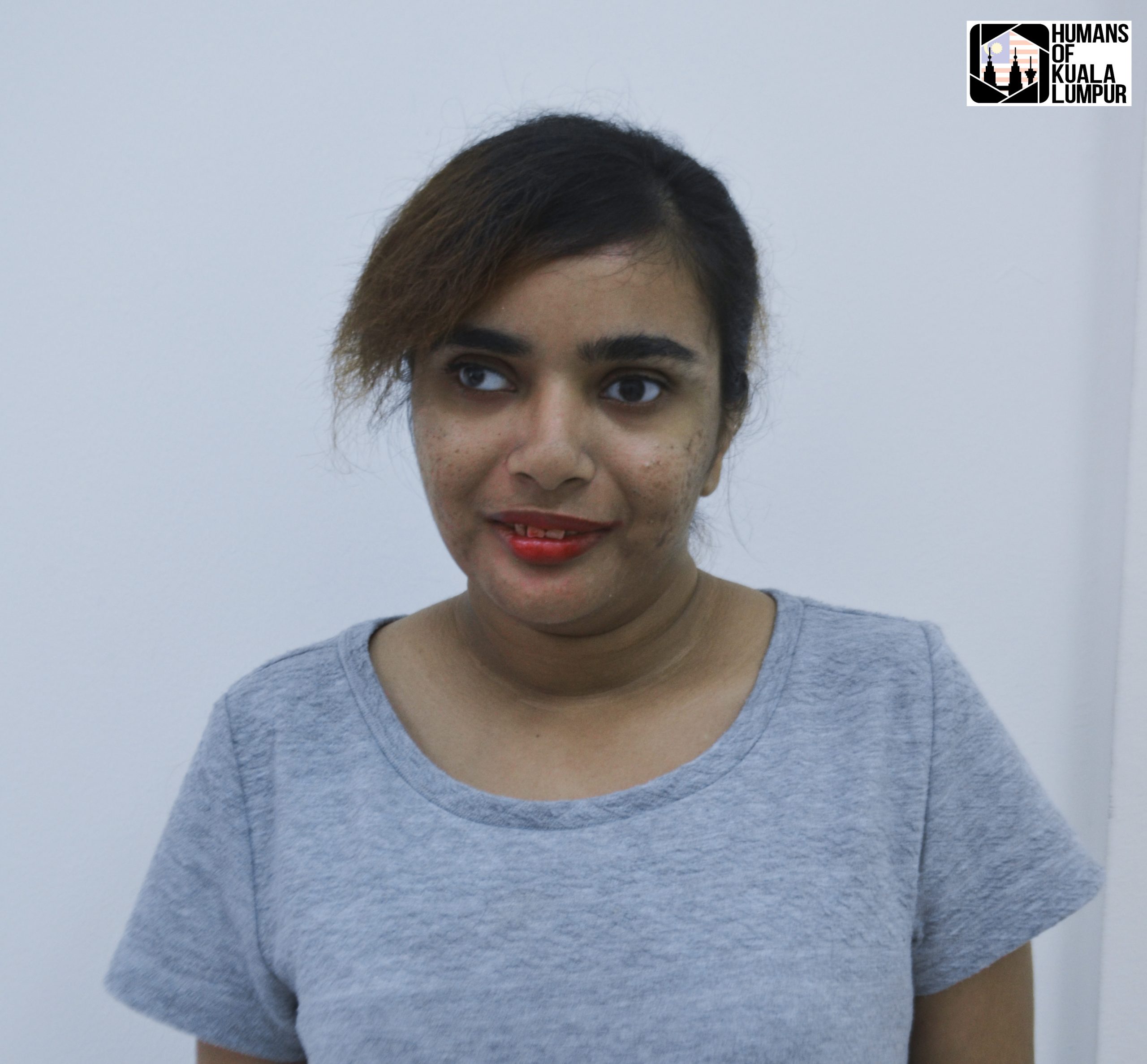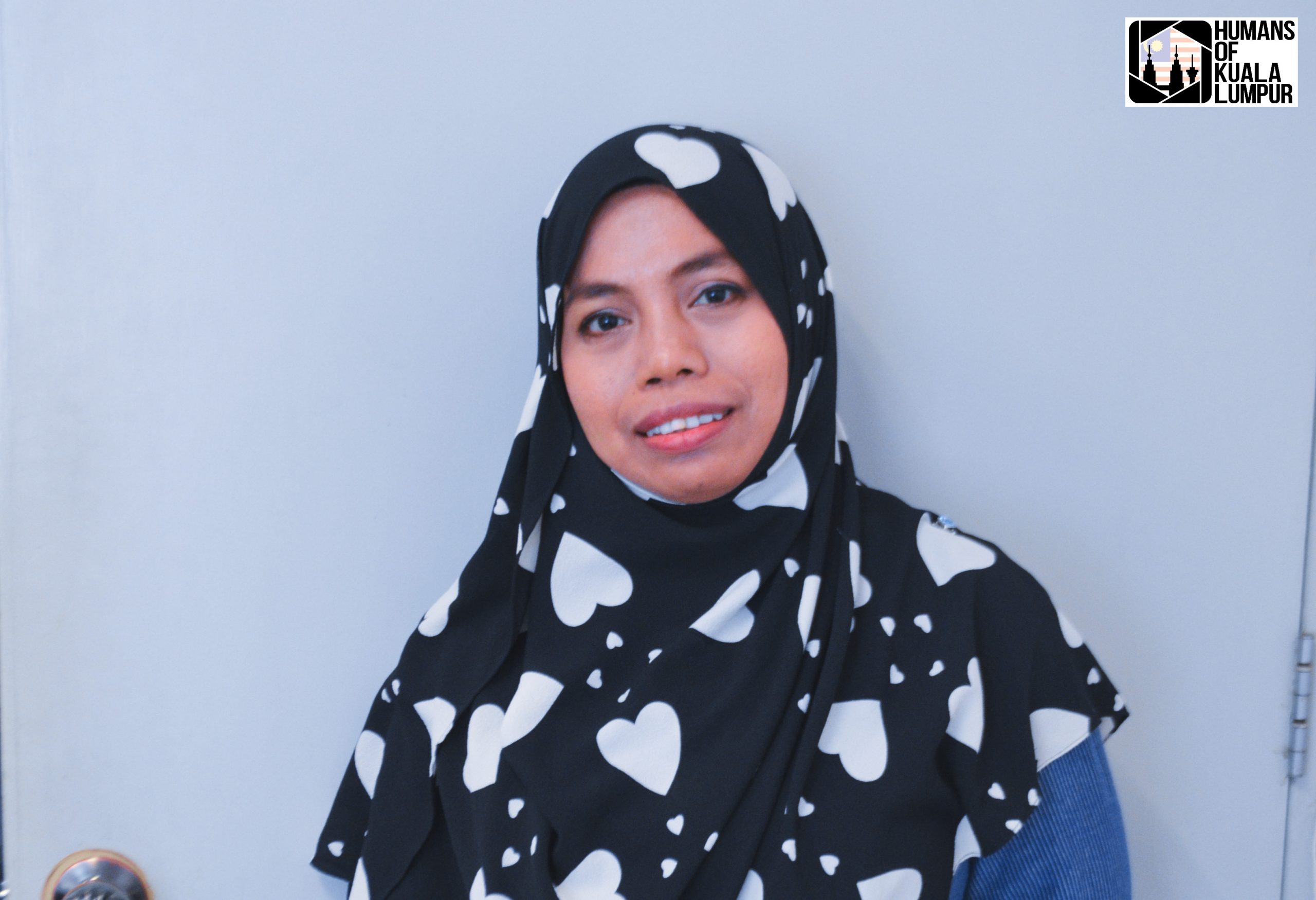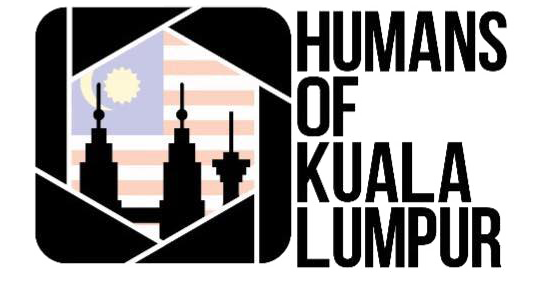Who is Mr Jet, really? Billionaire, empire builder… or something more sinister? On the night of a glamorous dinner party, secrets unravel. Murder at the Jet is a thrilling theatre experience packed with wit, drama, and mystery.
Continue readingStreet Interview: Advice For Choosing The Right Bra
Discover real advice from Kuala Lumpur’s women on how to choose the perfect bra. Comfort, confidence, and empowerment—watch our Scarlet Street interview now!
Continue reading“From Isolation to Healing: Jay’s Journey Toward Mental Health and Hypnotherapy”
Jay shares his inspiring journey from MCO struggles to becoming a Clinical Hypnotherapist and EMDR practitioner. Discover how hypnotherapy helped him and how he now helps Malaysians overcome anxiety, depression, and trauma.
Continue readingThe Heart of a Firefighter: A Journey of Duty, Love, and Sacrifice | Dettol Malaysia
In honour of Malaysia’s National Day, Humans of KL is proud to collaborate with Dettol Malaysia to celebrate the true Protectors of our Heroes. As we share the inspiring story of Firefighter Syed Shahril Anuar, we remember the bravery and dedication of those who keep us safe every day. Together, we salute the protectors who ensure our heroes return home safely. Selangkah Lebih, Selangkah Kasih.
Continue reading“Discover a New Cinderella: Catch PJPAC’s Musical Comedy Fairytale This May 30 – June 2 2024!
CINDERELLA: A Musical Comedy for All Ages!
Continue readingPEGGY GOU, J BALVIN, JOJI AND RUSS TO HEADLINE GOOD VIBES FESTIVAL IN JULY
The lineup of Good Vibes Festival features rising stars like Henry Moodie, whose chart-topping single ‘drunk text’ has left a lasting impact across Southeast Asia, and BIBI, the South Korean singer-songwriter known for her cheeky stage presence and witty rap lyrics. Joining them are Tiger JK and Yoon Mi-Rae, representing the essence of K Hip Hop and R&B. With such diverse talent, Good Vibes Festival 2024 is set to deliver an eclectic musical experience for all attendees.”
Continue readingWestlife Returns to Malaysia for ‘The Hits Tour 2024’ – Tickets Available Now
Get ready for a night of nostalgia as Westlife, one of the world’s most beloved pop groups, makes their highly-anticipated return to Malaysia.
Continue readingHardcore M’sian Fans Share Their Experience Going To ONEUS’ K-Pop Concert
When the lights dimmed and the crowd roared, ONEUS, the K-pop group, hit the stage for their last show of their (2nd) World Tour at Zepp KL, Malaysia! And with that, the vibe from all the Malaysian fans were amazing! These are their stories.
Continue reading“The voices in my head can be very loud sometimes.”
“I have been living with schizoaffective disorder for around eight years.
Before the diagnosis I was going through depression and a lot of heartbreaking moments. My friends avoided me and that came loneliness. I was attending a fashion design course and it was way too stressful. I got used to bearing everything on my own. Then everything went downhill.
I experienced voices in my head. Sometimes I feel there is someone behind a door and I will talk into the direction, but in fact, there isn’t anyone. I would use one or two hours just to shower.
My mother noticed the symptoms I was going through and decided to seek help for me. She lied to me that we were going to see an educational psychologist, instead, she made an appointment with a psychiatrist.
Schizoaffective disorder is a combination of bipolar and schizophrenia. The disorder comes with extreme high and low moods in addition to psychosis. I became very paranoid and easily scared. I fear to be abandoned and left behind. The worst situation I have gone through is being alone in KL for three weeks.
The voices in my head can be very loud sometimes. The main voice sounds like a guy and he always feeds me with negative thoughts. He once told me I was not supposed to be where I was because a tsunami would come the next day. He also told me I would get arrested for something I have not even done; someone is out to kill me. More absurd things like my brother have turned into a dog and my sister has committed suicide or die.
The theme for this year’s World Mental Health Day is suicide prevention. I have tried to strangle myself many years ago and I got admitted to the mental ward hospital. After that, the thought never came back to me.
My ordinary day will be waking up in the morning, showering, and attending my flower arrangement course. I used to see a psychologist but not anymore because the charge is too expensive for us. I am seeing psychiatrist every month at Klang General Hospital and the psychiatric treatment is free. I do meditations and follow a guru who teaches me life lessons. I am also into Mahikari, it is a Japanese religion where you radiate light from your hand as a method of spiritual purification.
What the public can do is to provide support. I think people are afraid to discuss about mental health because of existing stigmas around. People treat me normally and often without being aware of my mental illness. So whenever I did something wrong they would blame me on my laziness and stupidity. I think if people understand different conditions of mental illnesses better, it will be easier to create sympathy in society. A very obvious example is people often misjudge depression as sadness, but I think it is a lot more than that.
I try to participate very actively in my life. I did my first mental health talk with Malaysian Mental Health Association (MMHA) in 2014. Later, I went to Kuantan to present a talk to Jabatan Perkhidmatan Awam (JPA); I won third prize in essay-writing competition organized by MMHA in conjunction with World Mental Health Day 2015 and was featured in The Star newspaper; I participated in flower arrangement competition among people with disabilities; I wrote a book titled “In My Shoes” about biography of my life; I have also appeared in Astro’s Vinmeen’s VBuzz on television; I have also written a short story in one of MMHA published booklets.
I have a dream which is to have my own flower arrangement shop in the future.”
Photostory and edited by Maxy

“We should not laugh, make jokes, look down on them, nor treat them differently.”
“I have been working for the Malaysian Mental Health Association (MMHA) since 2003. I was encouraged by my lecturer to study counseling beforehand. Joining the MMHA made me realise that mental illnesses are so much more than someone who is labeled as “crazy”. There are many factors that leads to someone’s mental illness.
When it comes to a person who struggles with their mental health, they are unable to cope when they encounter or are triggered by an issue. It affects their functions. For example, if it’s a student, they are unable to continue their studies, they can’t attend their classes, they can’t concentrate or focus. This leads them to feel that “I can’t do this, I’m suffering.” Another example could be when a worker is unable to concentrate or perform. This will make them feel like they are not effective, no longer useful, or unable to function.
As humans, we have to pay attention to our emotions. We tend to neglect and suppress what we feel. When we are tired, exhausted, feeling hopeless or unsupported, we tend to keep to ourselves. We tend to keep telling ourselves, “never mind, never mind”. Many of us highlight other people’s problems, trying to emphasise that they are more important than what we are going through. But we should learn to prioritise ourselves too. When you are in a good mental state, you are happy to help others feel better too. When you are not, how then? By learning from our own ups and downs, it helps us to improve as well.
The theme for this year’s World Mental Health Day is suicide prevention. Anyone can have suicidal thoughts, they are not exclusive to those suffering from a mental illness. People can feel lost because they are unable to find ways to solve the problem or options to cope with the issues they have. Sometimes it’s not about the mental illness, it’s about the issues we face and us not knowing where to go and how to deal with it.
If someone is having suicidal thoughts, what they can do first is to talk to someone who is able to understand. Although the other person may not necessarily solve the problem, the empathy they show will make them feel that they are not as hopeless or as alone in their situation. If someone comes up to you saying they are having suicidal thoughts, you can consider prompting further to ask if they have thought of ways to execute it. The reason why is so that we can assess the risk involved. From there, we can see if they have thoughts of it or if they have already planned the solution. Then how we can help is to convince the person to talk to someone, especially their family members, who can help them. Whether to take them to the hospital, or be with them, to reduce that risk. If someone comes up to you saying they are having suicidal thoughts or if you yourself are having suicidal thoughts, you should definitely encourage the need to see a psychiatrist.
There are several places where we can seek help. The public can check if the organisation is certified before seeking for their services. The government still has tele-counselling, providing assistance through the welfare department. There is still help accessible, but not a lot of people are aware of how to access it.
We have to check with the lawyers when it comes to law protecting mental illness patients. But in terms of the entitlement to benefits, they do have that right. There are three categories of common illness, where they can claim for treatment from their EPF. There is also some support through Perkeso (SOCSO), and the Welfare Department. In terms of legal, it’s not for me to comment on that. For a worker, they are entitled to medical leave. But in regards to whether they have a higher risk of being fired due to taking time off to treat their relapse, this is still debatable.
In terms of the topic of euthanasia, the choice to stop treatment is against human rights. However, we do understand the consequences. Hence, we normally educate clients about the risks of stopping your own treatment.
What helps me deal with my mental health are my children, because there is hope. Whenever I see them, I always think about their future. What I see, what I learn from working with MMHA, I always share what I encounter with my children – how I feel, what I think, what is happening in our society. I set aside alone time once a week, and I also invest in a hobby. I love sewing, doing arts and crafts.
What we as the public can do is to provide support. It’s not necessarily financial support, but it can be emotional support. Because when a person is suffering on the severe end of the spectrum, the focus is usually only on medication. But who is the one caring for their emotions? Once a patient starts seeking treatment, they need continuous support. By providing that, they will feel much more confident that someone is there, someone is understanding them, and someone who understands them could maybe one day be able to help them achieve something in their lives. We should not laugh, make jokes, look down on them, nor treat them differently. All of us are vulnerable. Anyone can be struggling with mental health issues without us realising.
People are afraid to talk about mental health because of the stigma and judgment that still exists. My experience with clients is that they try not to associate themselves with MMHA because they don’t want people to know about their problems. But our approach is that we try to educate them on this matter. The concern for these patients is for them to be able to get support in their workplace through someone knowing their issues. This isn’t to jeopardise their role in the workplace, but if anything happens, this person can help encourage them to seek treatment or inform their employer if anything happens.
For teenagers, they spend a lot of time with their friends. They listen a lot to their friends, sometimes rather than family members. If their friend is aware of what they are going through, they will know when to step in to encourage them to seek help. Family support also plays an important role. Family support helps to motivate a person to share about what they are going through, to recover, to seek treatment. Another method is through education – in schools, in public. I believe that all Malaysians should learn and understand what mental illness is. That it is important to learn, to know, and to help a person immediately. Our concern grows bigger when a person delays seeking help.”
Photostory by Maxy
Edited by Win Li









